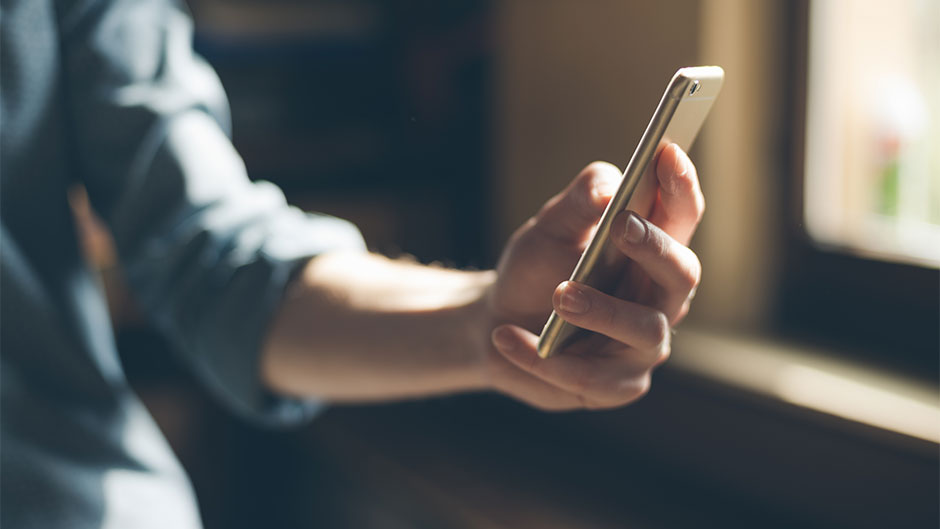The Sexual Assault Resource Team (SART) began at the University in 1992 with a realization that students did not have a place to talk about sexual assault anonymously. Since then, UM faculty, staff, and graduate student volunteers have dedicated their time to ensuring that all UM students, including sexual assault survivors, are aware of the available resources and options.
Many of the volunteers have personal connections to their volunteer work with SART and others simply want to help build an environment where conversations about sexual assault are more common, allowing survivors to feel comfortable speaking, even confidentially, about their options.
“We all pray that nothing such as a sexual assault would ever happen to our own daughters or sons but would also hope that there would be someone available to support them if such a dreadful event did happen,” said Nicholas Poynter, SART volunteer and senior manager of customer service at UM parking and transportation. “My motivation is to provide the same support to someone else’s daughter or son just as I hope someone would for mine.”
HOW IT WORKS
Administered by the UM Counseling Center, SART is a unique and valuable resource for our campus, providing survivors with information and support anonymously and confidentially. SART volunteers are available 24/7 to answer the hotline, listen, and share information about next steps, how to seek medical attention, and reporting options. Callers are never forced to file a report or make decisions about what to do next.
After experiencing something so traumatic, volunteers aim to put control back in the caller’s hands. Volunteers are there to let students know there are many people out there who care enough to give their time and offer support in a time of need.
WHY?
SART volunteers are a positive voice for survivors in the midst of what may have been the most traumatic experience of their life. Together the team contributes to the campus community with the ultimate goal of improving it. Even when the calls are challenging, volunteers know that they were able to help someone or were there for someone when they needed it and didn’t know where else to turn.
WHO?
SART volunteers have a passion for helping people and a desire to keep making the UM campus a great place to be. All it takes is an open heart. The training will provide the rest, including which resources are available at the university and greater Miami community. The SART team is always looking for UM faculty, staff, and graduate students to become volunteers.
ON THE FENCE?
Being a SART volunteer is not something to take lightly, but it can be fulfilling in many ways. Prior to answering the phone, volunteers go through a training process. They learn listening skills, which phrases to avoid and which to emphasize, and how to regulate their own emotions during a sensitive conversation. They are taught to be an advocate for those seeking help and have the opportunity to make a direct impact on survivors in our community.
SIGN ME UP
To get started, contact Dr. Audrey Cleary at 305-284-5511 or a.cleary@miami.edu to arrange for an interview. New volunteers must attend training and the next session is scheduled for Jan. 31. Learn more at https://miami.edu/sart

